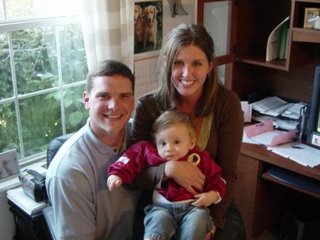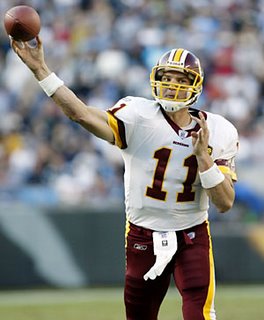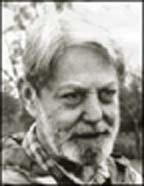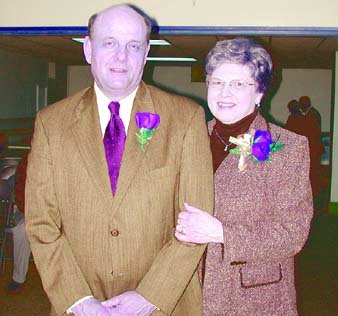A Wacky Idea
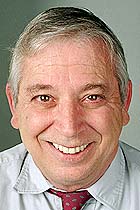 President Bush is proposing that everyone in Louisiana who lost his or her home to the recent hurricanes be given up to $150,000 by the federal government.
President Bush is proposing that everyone in Louisiana who lost his or her home to the recent hurricanes be given up to $150,000 by the federal government.What about the people who lost their homes in the recent hurricanes who live in Texas, Mississippi, Alabama and Florida? For that matter, what about the people who have lost their homes to tornadoes?
It's when the president says things like this that I wonder if he is not out of touch not only with reality, but with the words coming out of his mouth. Louisiana was devastated, but no more so than Mississippi. Port Arthur, Texas, was also flooded. In the previous year's hurricanes, homes were destroyed and people killed in Florida.
Are all those homes and lives less worthy of attention? Other than the fact that the media seem to find it more convenient to report on New Orleans than on the Mississippi Gulf Coast, the devastation in Mississippi is just as bad as in New Orleans.
This is the most flagrant and lamebrained example of pure political pandering that I've seen in a long time.
What happened to the concept of equality before the law? How can you justify helping one group of people and not helping another group who suffered identically? If the federal government is going to write checks to people who lost their homes to hurricanes, then it must write checks to everyone who lost his or her home to hurricanes. And why discriminate against people who suffered from tornadoes, floods, hailstorms, wildfires and earthquakes?
Of course, before Americans became addicted to the welfare state, it never occurred to our ancestors that it was the responsibility of the government to make us whole after a natural disaster. Why should the people of Oregon be taxed to pay for the damage suffered in Louisiana? I suppose for the same reason the people of Louisiana are taxed to pay for pork-barrel projects in Oregon and to subsidize the subway riders in Washington, D.C.
What is Bush trying to start, the War of the Pork Barrels?
All the federal government should do is repair any federal infrastructure that was damaged. Since it sells flood insurance as a favor to the private insurance industry, the government should see to it that it pays its policyholders promptly and fully. Other than that, it should butt out.
As for the private property-insurance industry, it should be damned from every pulpit and subjected to the most rigorous regulation by every state legislature and the U.S. Congress. Of all the despicable businesses, the property-insurance industry has shown itself to be worse than most. It is the reason most homes have not been rebuilt. The insurers are playing the game of, "Oh, this is flood damage, not wind damage."
They can argue that in New Orleans, but on the Mississippi Gulf Coast there was no flooding. There were only wind-driven waves, and that's wind damage. Whether the wind blows a tree through your house or a 20-foot wave, it's the wind that is causing the damage.
In America's finer days, before preachers started making six-figure salaries and, like university presidents, became primarily fund-aisers, they were not afraid to condemn sinners by name from the pulpit. Today, it's all pap.
As for the president, I think he needs a long vacation. He hasn't been making much sense lately. Washington gossips report that the White House staff is terrified by his frequent temper tantrums. He has scuttled the Nuclear Non-Proliferation Treaty, he has failed to secure our borders, he has botched the Iraq War, he has failed to find Osama bin Laden, and he thinks that swapping American jobs for mangoes from India is a big foreign-policy success.
I would even favor him taking a sabbatical and spending the rest of his term on his ranch in Crawford. We'd probably all be much safer if he would do that.
(Charley Reese's column appears weekly in The Crewe-Burkeville Journal. Return to this blog to read the Reese columns that are not published in The Journal. He writes three columns weekly.)
